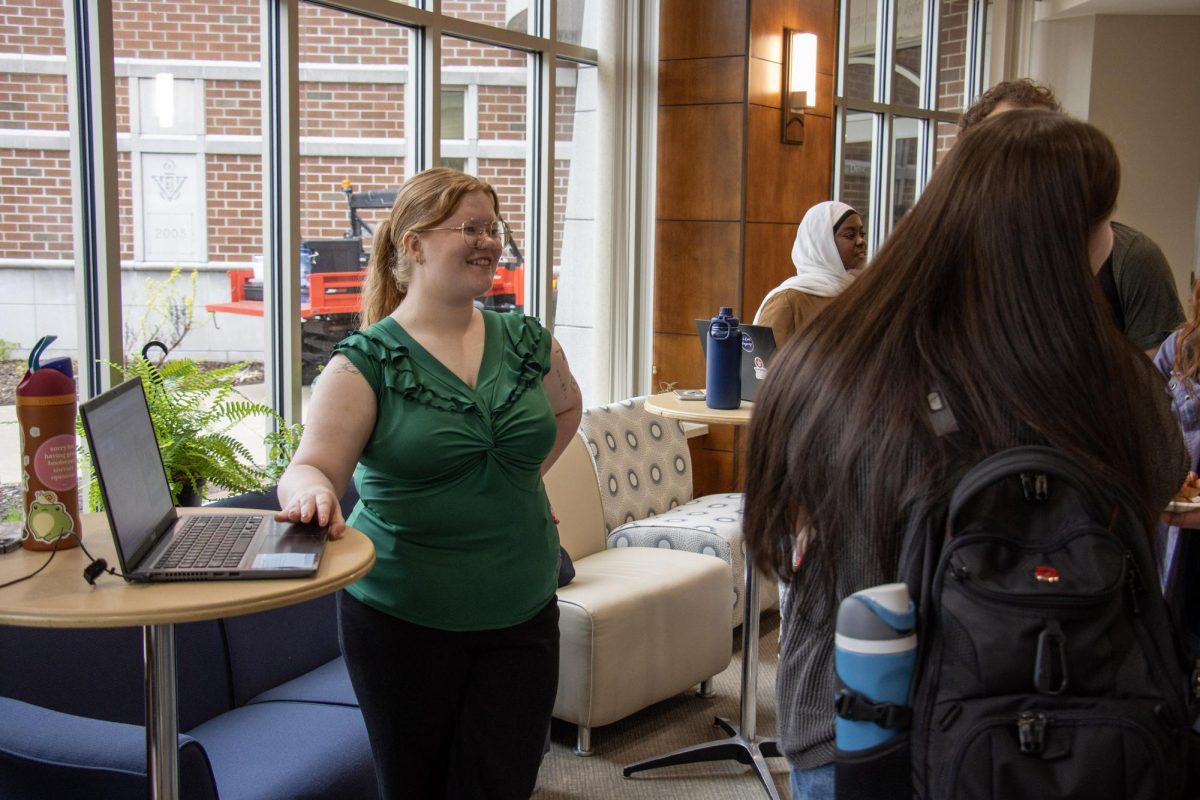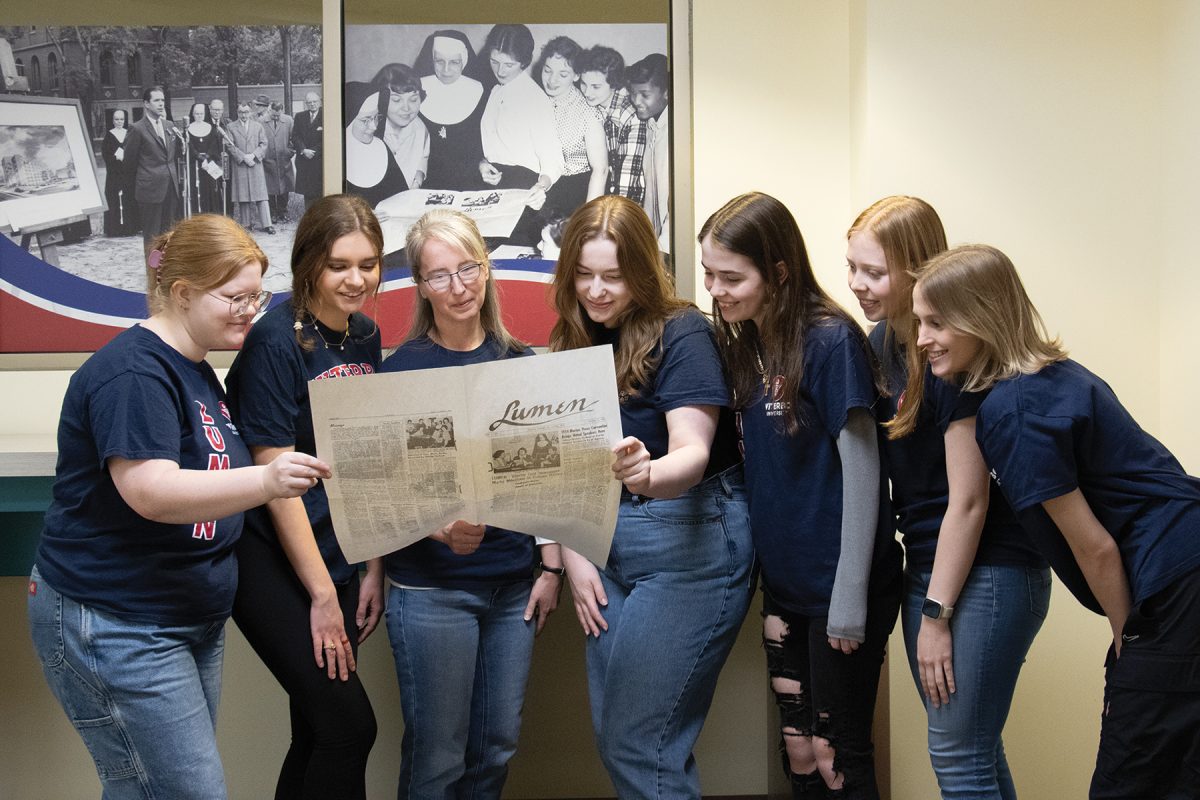Welcoming our Afghan neighbors
November 22, 2021
In August 2021, almost 130,000 people fled Afghanistan to escape Taliban rule. After 20 years of working hard to make a life after the Taliban fell in 2001, the people of Afghanistan had a choice to make – stay in Afghanistan in severe danger from the Taliban or leave the life they had worked for over the last 20 years and evacuate.
Over 13,000 of these evacuees ended up at Fort McCoy, a military base in between Sparta and Tomah, Wis. In listening to a panel organized by Viterbo, UW–La Crosse, and Western Technical College; it became clear the issues that evacuees at Fort McCoy are facing. The panelists included Rahim Gul Sarwan, a journalist for the Afghan media and Voice of America, and Javed Ahmad Kakar, a senior editor of Pajhwok Afghan News, and born in Jalalabad, Afghanistan. Both Sarwan and Kakar evacuated Afghanistan and are currently housed at Fort McCoy. Dr. Omar Granados, Dr. Mahruq Khan, and Dr. Vincent Her – all associate professors at UW-L – rounded out the panel.
Javed Ahmad Kakar spoke on his experience leaving Afghanistan. He said it was difficult to access the airport in Kabul as it was surrounded by the Taliban, and he and his family had to take a helicopter to get to the proper place to be picked up. There were families sleeping in front of the airport for several nights on end, trying to get in to be evacuated. Many of those with valid paperwork and U.S. passports were left in Kabul.
Rahim Gul Sarwan also gave his personal experience being evacuated. He had to leave his entire family in Afghanistan, as did many others who ended up at Fort McCoy and other military bases in the United States. He stated that many of the evacuees living at Fort McCoy are politicians, leaders, and have higher education. He spoke on the day-to-day life at Fort McCoy. There is a clinic, a school, and volunteers are working on educating evacuees on culture and common phrases that will be very important when the evacuees are resettled across the U.S. He said that some people have already been resettled, and Kakar added that many evacuees are hoping to be resettled as quickly as possible.
Kakar said that quick resettlement was important since those who were left in Afghanistan are having a difficult time – they are in danger, they have very little food, and salaries aren’t being paid. Those who were evacuated want to resettle quickly, so they can begin sending money back to Afghanistan to support their families who are still there.
When asked what will be necessary to support the evacuees as they are resettled, Dr. Mahruq Khan mentioned many of them have lost family members to war. Culturally responsive therapy will be necessary. Khan explained that in the United States, there is a lot of focus on self in psychology, but in the Afghan culture, there is more emphasis on the collective than there is in U.S. The evacuees are experiencing a deep grief, and that needs to be approached in a culturally sensitive way rather than ignoring Afghan cultural norms. She also mentioned it will be important to educate the community on implicit biases that are held against the evacuees. Event such as this panel and the previous ones help to educate the community on its new neighbors.
At Viterbo, some students, faculty, and staff have been volunteering at Fort McCoy thus far, and there will be many opportunities in the future. Sister Laura Nettles explained that volunteers have been working at the women and children’s center on base, and Viterbo has just been formally invited to begin work at the education centers as the Afghan college students who had been staffing them start resettling.
There will be a call for more volunteers posted in VU Today. Volunteers must pass two background checks and have a state-issued ID to gain access to the base. Sr. Laura expressed the importance of giving to our new neighbors as that is what it means to be Franciscan – to help those who are in need of hospitality.


